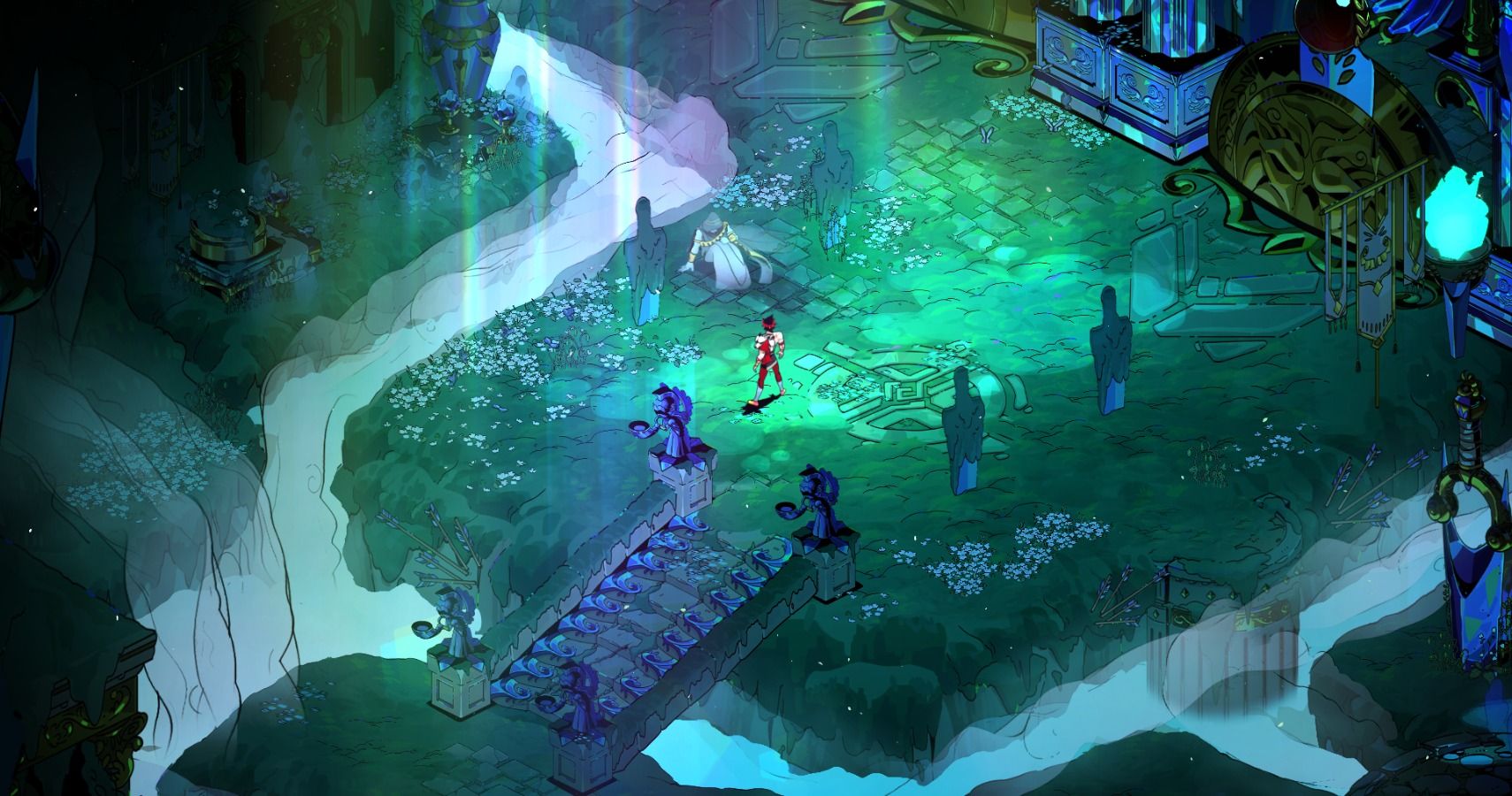Grief comes at you in waves. You feel fine and then - bam! There it is again: that lump in your throat, that unbidden recollection surfacing once more, fully formed, like some slasher movie murderer you just crushed with a car.
I’ve experienced death before, but 2019 was the first time I’ve watched someone I love die. I still see them gasping for air - the image appearing when I least expect it, like a grisly pop-up book for bad memories that my mind likes to repeatedly inflict on me. My overriding memory is their last breath leaving their body through a face contorted in fear, eyes wide open as if their soul was reaching for something to cling onto. It’s not like the movies, actually. It’s not like that at all.
Dealing with the current pandemic straight after experiencing that hasn’t helped. I recognise the signs of depression, but I really don’t mix well with that kind of medication - that’s a road I’ve been down before.
So I push it down. I create my own coping mechanisms.
I try to instead think about the things that I can be thankful for. I have my own family, for one. I’m not suffering alone like some people are. But that’s a double-edged sword. I honestly can’t remember the last time I had five minutes to myself. If it wasn’t for video games, I feel like I would have lost my mind by now.
Video games are my alone time - they cover the surrounding world in white noise, block it out. They keep the bad memories pinned beneath the folds of my brain where they belong.
Usually, I’m more of a story-focused player, but that’s shifted this year. I still have room for stories and characters - The Last of Us Part 2 and Cyberpunk 2077 are astounding - but I’ve found more comfort in repetition in 2020, my dopamine hits prescribed to me just like that grief: in waves. I find myself repeating things, settling into experiences where I know the outcome. It’s a virtual comfort blanket.
I’ve put hundreds of hours into Stardew Valley, building a farm and spending far too much time stabbing slimes in the mines. I’ve gone meta and literally battled waves in Gears 5. I’ve become more competent at Rocket League than you’d expect for a games journalist, and I play Black Ops: Cold War with my dad, which makes up for the fact I can’t see him in real life.
Roguelites are where I’ve really put the time in, though. Slay the Spire is now one of my favourite games of all time and I don’t think I’ll ever be sick of it, even though I don’t usually like card games. I’ve previously written about how Hades works because it reflects our current global situation, and I’m starting to get into Deep Rock Galactic, which adds a social wrinkle to the hamster wheel-style of video games I’ve settled into.
These kinds of games aren’t mindless, but they don’t make me sad, and I think that’s why I’ve gravitated towards them. Video games can be emotionally resonant, but it’s alright to push all of that aside and use them as a form of escapism sometimes. It doesn’t have to be deep if you don’t want it to be.
Sometimes it’s good to throw back pretend pints as a space dwarf and shoot aliens for a bit. There’s power in routine. Our own routines have been upended by circumstances outside of our control, but video games offer us a chance to create a sense of order in a virtual space. We learn the rules of these worlds and they become akin to a holiday home. As long as it’s balanced with your actual life in a healthy way, it can be therapeutic.
Children often watch their favourite movie over and over again because it gives them a sense of familiarity. They’re learning about the nature of the world - which, as we all know as adults, is actually hell - and that familiarity lets them believe for a while that the world is safe. Adults can trick their brains in the same way, and repetitive games are the perfect way to do it.

